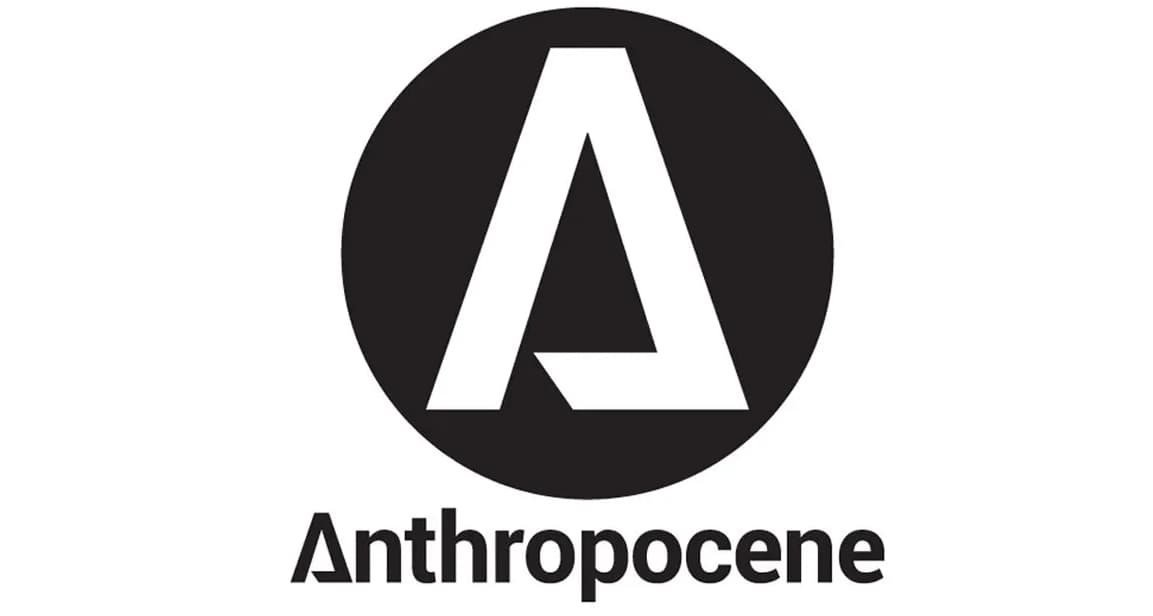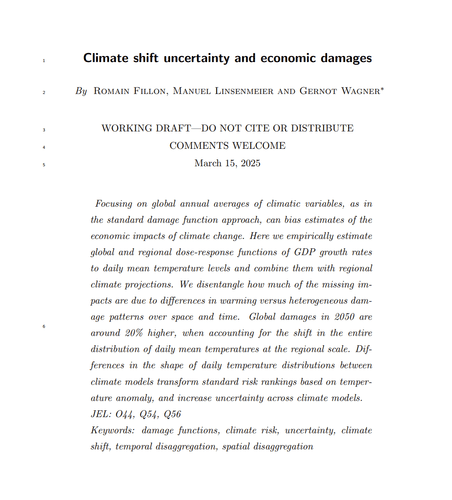Anthropocene Magazine: "Does discussing geoengineering derail climate action? New study puts it to the test."
by Sarah DeWeerdt

“Every climate tech comes with what’s best described as ‘green moral hazard’,” says study team member Gernot Wagner, a climate economist at Columbia Business School in New York. That is, the allure of a technological fix for climate change can distract people from the systemic changes necessary to broadly decarbonize and reduce energy use across society.
But approaches like carbon dioxide removal and solar geoengineering may end up being necessary to stave off the worst effects of climate change, says Wagner. “How then to talk about them?” he asks. “Turns out there may indeed be ways to engage with either set of technologies without invoking green moral hazards.”
For the most part, the geoengineering posts did neither better nor worse than the conventional climate action posts, the researchers report. “The surprising bit: just how persistent our nonfinding of no moral hazard appears to be,” Wagner says.
“Yes, if we dial up things to 1,000, we can indeed get moral hazard, or its inverse. But sensible descriptions of (solar) geoengineering invoke neither,” says Wagner.
The findings offer some reassurance that just broaching the topic of geoengineering in public discourse is unlikely to derail broader climate action. But nor is an anodyne result guaranteed. “The big question: what’s the role of vested interests” in shaping conversation and actions around geoengineering, Wagner says. “In the end, public opinion—as is sadly often the case—matters a lot less than what vested interests want.”
Quoted in: "Does discussing geoengineering derail climate action? New study puts it to the test" by Sarah DeWeerdt, Anthropocene Magazine Daily Science (30 January 2024), citing: "Presenting balanced geoengineering information has little effect on mitigation engagement" by Christine Merk & Gernot Wagner, Climatic Change 177:11 (2024). doi: 10.1007/s10584-023-03671-5


